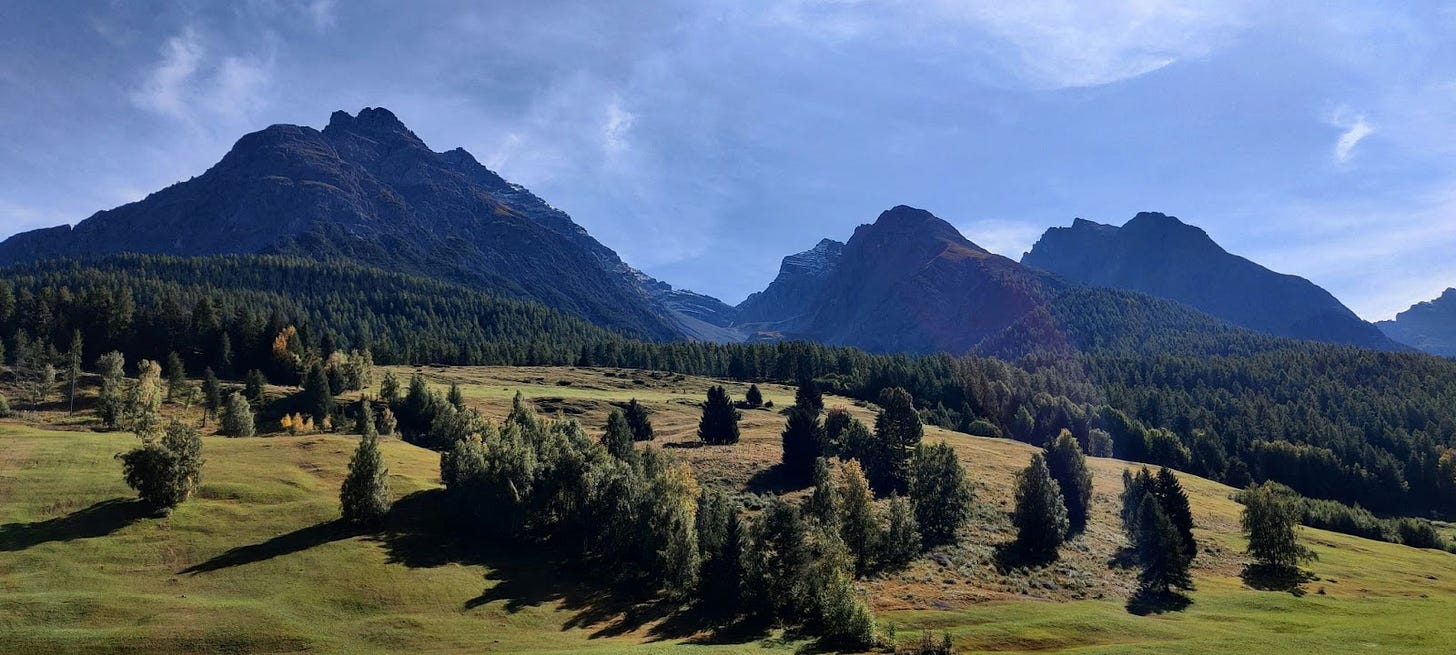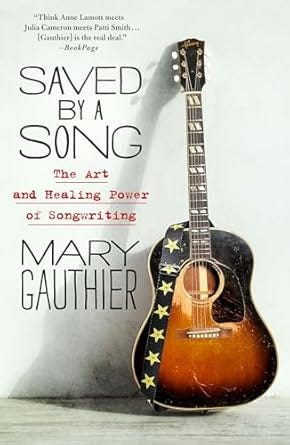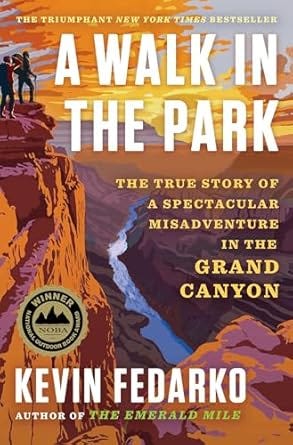Saved by the Song...the Words, the Story, the Land: Escape with Us to Write in Montana/Yellowstone
The art of compression just might save your story. What storytellers can learn from songwriters + FREE Find Out More! Zoom event + FREE monthly Stories + Songs Writer Refuge event
How does a song capture you and carry you away?
How does a story compel you to never forget?
How is it that this tiny sparkling crystal of pure art holds you in a rarefied state of a memory that may have never happened or a feeling that can never be completely felt?
The way Gatsby does. The way To Kill a Mockingbird does.
The way Tracy Chapman does in Fast Car.
The way A Hard Rain’s A-Gonna Fall by Bob Dylan changes your world.
It touches you.
It rouses you.
It haunts you with its questions.
It seems to know you.
Yeah, it has always been trying to find you.
As storytellers and songwriters, how do we make this magic happen?
The answer: Compression.
Unleash Your Soul!
A Writing Escape to Montana/Yellowstone
A quintessential American experience next to pristine mountains and under starry skies.
Stories and Songs Writing Retreat - Sept. 22-26, 2025
At Chico Hot Springs
Do you write stories? Do you write songs? Both? We’re offering a writing adventure in the pristine mountains of Montana/Yellowstone for people who want to write stories that sound like songs, and songwriters who write songs that tell stories.
Meet lyricist/novelist Karen Leslie, memoirist/novelist/essayist Carolyn Dawn Flynn and Grammy-nominated songwriter Clay Mills on our free zoom event.
Join us at 6 p.m. Mountain time/8 p.m. Eastern on Wednesday, March 26 to find out more. Registration for the zoom call locks you into the best rate.
REGISTER here: https://us06web.zoom.us/meeting/register/80KDFjDCR1uwoPRthNJLUg
The story that changes everything
In Montana/Yellowstone, as we did in Italy last year, we will talk about this magical tool of compression—how it makes stories work exquisitely, how it makes songs unforgettable.
Compression is a little drink of insight distilled to its essence.
When we as writers compress the space, the time, the words, the melody (of the words and music), we offer our audience a tight little package, a tiny felted box of enlightenment.
The proposal is made, on bended knee.
It changes everything.
The demi-glace way of writing
In Saved by a Song, memorist and songwriter Mary Gauthier compares the art of songwriting to the process of making the classic reduction sauce, the demi-glace.
Reduction is getting rid of every extra syllable. Every syllable must bear the weighted gold of the song, and so, too, it goes for a short story.
Or for that matter, a compelling, clear, concise novel or narrative memoir that works at the sentence level all the way through, much as writers like Colum McCann (Let the Great World Spin, Transatlantic) and Richard Powers (Overstory) accomplish.
(True confession, girlfriends: Me, free spirit, no one owning me, ever, often speaks aloud things like this: I am in awe of these two men and the way they sustain sentences. I kind of want to marry them, and I’m a Sagittarius who wants to marry no one or ever be tied down. I would be tethered to this, yes—wedded, I tell you—to these men in a minute, because their writing is that brilliant.)
Reduction, when we talk food. Compression, when we talk story, Compression creates that thing we call a page turner. It propels the reader forward. It engages the reader. It is an art, much like making a demi-glace.
The demi-glace is at the heart of the French culinary arts -- it’s arduous to make, but it is the essence of many dishes.
Here is how Gauthier describes the process:
“A demi-glace is made by oven roasting several pounds of veal and beef bones with onions and carrots and celery and garlic, then deglazing the brown bits in the pan with wine, then pouring it all into a stock pot. Add chopped celery, carrots, and onions; fill it with water and more wine, tomato paste, and herbs; then slowly boil it down until it becomes a thick, deep glaze. Roasted bones and vegetables boiled in twenty-odd gallons of water and a couple bottles of wine, over time, will become a few cups of amazingly rich sauce. There is no shortcut for classic demi-glace.”
The essence of stories and songs
To take a story or song to that level means to ask what absolutely must be here. It is to get to the essence of the story. Every word, every bit of dialogue, every image carries more.
Boil > simmer > reduce > boil > simmer > reduce
Try it. Collapse three scenes into one scene.
To begin: Build around the most pivotal dialogue and most emblematic image.
Now you have your scene. Test it.
Here are the tests:
> Does this feel honest?
> Can you see it?
> Can you almost touch it?
> Do we believe this?
> Who is the voice speaking?
> To whom is the voice speaking?
> At what point in time is the voice speaking?
> Would you really say that?
> What’s really going on?
Reduction isn’t being minimalist, just cutting out extra words.
As a book coach and writing retreat leader, I work at the visionary level, and that’s what many of you hear, but I also believe wholeheartedly that you must work at the sentence level, because that’s where it really counts.
As I was working my way toward an MFA in Writing at Spalding University (Naslund-McMann School of Writing), Sena Naslund would teach us to see whether a story was working at the sentence level.
That’s often where you figure it out.
At the sentence level, here are practical tips for compressing your narrative into a story that sounds like a song:
> Make friends with specificity. It’s not just a flower -- it’s a sweet-scented jasmine.
> Use unusual words -- avoid the usual ones.
> Weed out repetition. Instead, seek rhyming action that rhymes obliquely. (More about this in an upcoming post.)
> Master punctuation so you can master voice. This is what gives your sentences musicality.
So, this means that with each pass, you employ vision and skill. We are making the story or song more honest, more vivid. More lucid.
“Reduction reveals the truth,” Gauthier writes.
The truth is what we’re after.
A Song That’s Carrying Me Away Right Now
At a certain point in Gregory Alan Isakov’s Liars, the song explodes in a ball of fire.
What’s the story of these two brothers who would fight off bullies when they were kids but now seem not to be fighting off a dull life that despairs them of all the dreams they once had?
“‘Been ridin’ lots of trains…”
That line hooks me every time.
A Sentence That’s Holding Me Right Now
Kevin Fedarko, A Walk in the Park, writing about the relationship of the native tribes to the Grand Canyon:
“All of this means that every facet of the land is alive and responsive like the strings of an instrument, to a set of harmonies that include—but also expand far beyond—human needs and hopes and longings. Without exception, each tribe regards the canyon as a place of reverence, a kind of open-air cathedral whose interior is consecrated by memory and stories and the weight of time. For all of these societies, the chasm is hallowed ground, an aboriginal holy land.”
{Psst: I’d marry him, too! Which shows that Sagitarrians cannot make up their minds…Or that every day they fall in love with someone new, much as Hozier writes…}
Let’s Write Together Now!
Stories + Songs Writer Refuge free monthly zoom event
4 p.m. Pacific/7 p.m. Eastern March 31
Join novelist/lyricist Karen Leslie Mills and memoirist/novelist Carolyn Dawn Flynn for 1.5 hours of pristine writing time. We'll get in about 45 minutes of writing, then read, then have an Ask Me Anything about writing and publication.
REGISTER HERE: https://us06web.zoom.us/meeting/register/yQwt-sftQFScOMI0xIqBhw
Brought to you by the co-founders of the Stories + Songs Writing Retreat. Last year, we were in Italy. This year, we'll be in Montana/Yellowstone on Sept. 22-26, 2025. www.storiesandsongsretreat.com








